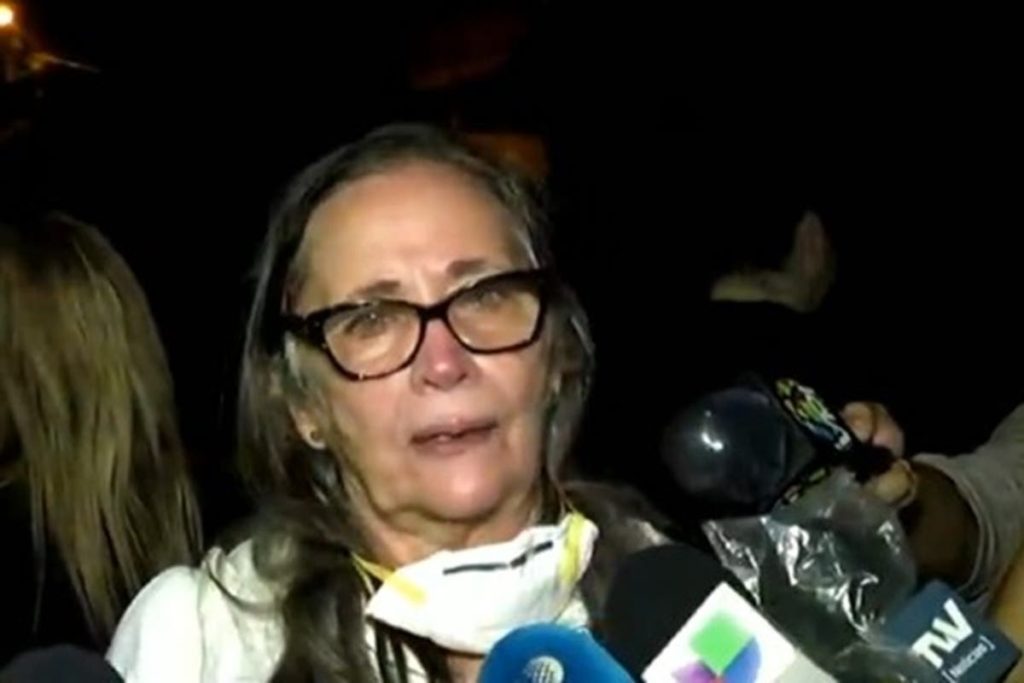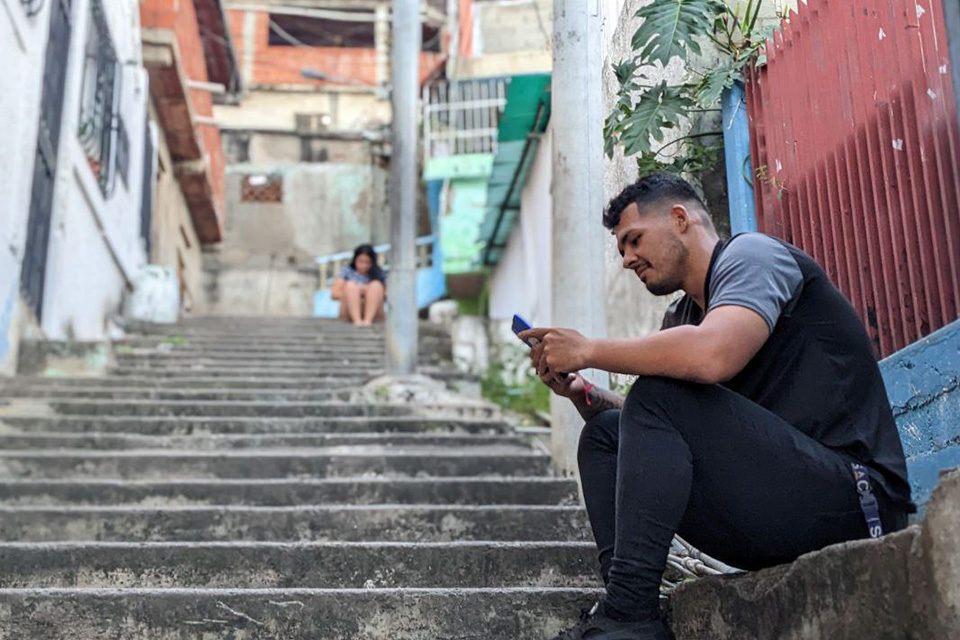Venezuela appears to be among the last countries to ease the lockdown because it does not have the sanitary means to activate the daily activities due to fuel and electrical power shortages…
Just as the initial responses to the COVID-19 crisis were made following two dilemmatic approaches, there are also two dilemmatic ways to get out of it while no vaccine or cure is known.
Some countries responded with an early quarantine, while others stopped activities after the spread of the pandemic began, trying to avoid the enormous economic cost of quarantine. But they had to stop because of the increase in fatalities.
This dilemma will not be resolved until effective treatment and vaccination are found, and therefore countries will have to choose between the costs of the illness or impoverishment.
The argument for stopping activities despite the economic damage is to save the lives of the non-sick. But protecting the right to life runs into the right of the poor to feed themselves and the rights of all to avoid looting, thefts, assaults, and migrations caused by impoverishment. Two patterns of quarantine emerge from these two views on human rights.
The first countries to conclude that impoverishment causes greater suffering will be the first to start calling for work, and these are probably the ones with the greatest capacity to treat the disease, so it will be the most developed and democratic countries. Be careful, a democratic regime allows for the debate between the two rights dilemma.
Meanwhile, countries reacting later will tend to have less capacity to treat the sick, which coincides with countries that are already poor and less democratic. Prolonging the quarantine will make them much poorer and possibly less democratic.
The equilibrium response to the dilemma is oriented towards progressively opening the most necessary activities, which means that it is also possible to progressively provide the people with protection mechanisms while keeping the elderly at home, and educate those who go out to work in the care of the elderly living in the same house or in purchases for those who live separately. This policy is not perfect because dilemmas do not have perfect solutions, but it does have the virtue that it will tend to equate the number of people affected by the disease with that of those affected by poverty. Both sufferings count and sooner than later we will have to share the burdens. Saving the lives of old people with preconditions (who account for more than 70% of deaths from COVID-19 in the world) is not an absolute value because it collides with the value of saving infants from hunger and permanent mental retardation produced by malnutrition and other calamities that poverty generates.
In this inventory of public policy options, Venezuela, unfortunately, appears to be among the countries reacting later, both because it does not have the sanitary means to risk reactivating activities, and, even if it wanted to, it lacks gasoline and electricity. to reactivate them. This coincides with the government’s reporting on the pandemic and calls to stay at home, not mentioning a word about how “it plans to get out of it,” thus coinciding with the process of destruction of the private enterprise and impoverishment that Chavismo started 20 years ago to build their political hegemony.
@joseagilyepes




